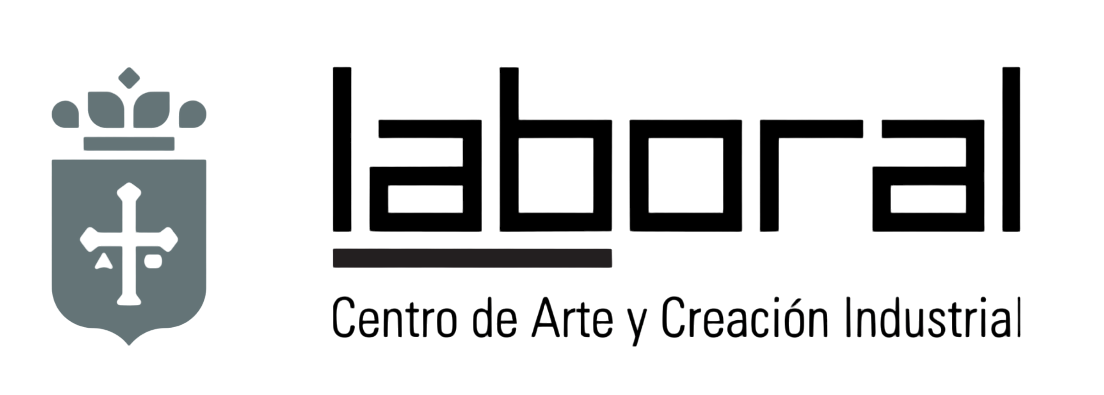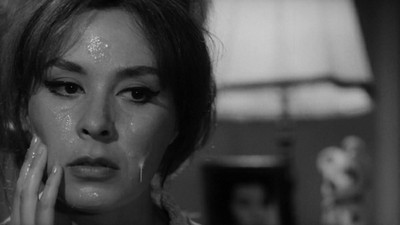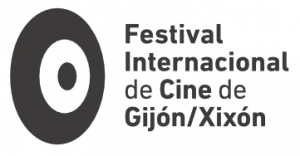…The last point of the past would, therefore, be the last point of the future. But what if something interrupted the historical cycle? A historical fact, perhaps, of such magnitude that it could alter the entire structure and disturb the nature of time.
Michael Moorcock
This film series, which expands the activities of FICXLAB beyond the Festival, addresses the change in structures, narratives and ways of making the latest cinema in the Spanish State. Now, at the same time as presenting recent films that, due to their limited distribution, They are not usually seen in commercial theaters, it is about recovering other works from our near past: fundamental films in their time, even if they went unnoticed, or directly censored, which while reflecting the past are also capable of speaking to us about our time. A way of seeing one thing always in terms of another.
Censorship, as well as a type of memory that, because it is uncomfortable, has been displaced to the margins of public life, are generally the main themes of this programming composed of three double sessions.
Designed by Margins, this initiative is organized by LABoral, in collaboration with the Municipal Foundation of Culture, Education and Popular University of Gijón and the Gijón International Film Festival.
All sessions will be held at the Old Institute of Gijón Culture Center, Screening Room.
PROGRAM
1st Session: October 29
- Songs for after a war(Basilio Martín Patino, 1971) 99′
Schedule:18 hours
Relentless, emotional and playful x-ray of that time, of that post-war period. An original proposal, in complicity with the viewer, a game of rhythms, images and sounds, subtle mental associations, without the need to resort to any plot convention. They had to ban it for years, to no avail, until the dictator’s death. It shook hundreds of thousands of Spaniards of all ages and conformations. It is the ‘after’ of our war, – of any war -, its demystifying reverse that objectifies, so many years later, the remains of the shipwreck.
- The most macabre of lives(Kikol Grau, 2014) 44′
Schedule:20 hours
The most macabre of livestells the story of Eskorbuto, the Bilbao punk group that revolutionized music in the early eighties and has become a legend of the counterculture of the Spanish State. Using images of concerts, statements by the members of the group, films and newsreels of the time, the chronicle of the eighties is traced, where unemployment, police repression and the hesitant beginning of a welfare state that excluded the most marginalized had created an atmosphere of apathy and pain.
————————————————– —————————————-
2nd Session: November 7
- The Rocío case(José Luis Tirado, 2013) 75′
Schedule:18 hours
Facing ancient ghosts and confronting them without fuss, in tune with a dialogic and open Andalusia, The Rocío Case narrates the making, prosecution, and persecution of the film Rocío, directed by Fernando Ruiz Vergara. Released in 1980, this film has gone down in history as the first film judicially seized in Spain after the repeal of film censorship in 1977.
- The world goes on(Fernando Fernán Gómez, 1963) 115′
Schedule:7:30 p.m.
Two sisters, each obsessed in their own way by wealth, profess a deep hatred for each other. The world continues is a drama that reflects the poverty and misery in which the Spaniards lived during the Franco era, which, together with the impossibility of growing honestly from the majority of his characters, he manages to portray a pathetic but realistic picture of the society of the time.
Although it was filmed in 1963, this film would not be released until July 10, 1965 in Bilbao. It is considered the “cursed film” by Fernando Fernán Gómez because it had problems with Franco’s censorship during its filming, exhibition and distribution, coupled also with the fact that it was not shown on television until very recently, so it is practically unknown by the general public.
————————————————– —————————————-
3rd Session: December 10
- Androids dream(Ion de Sosa, 2014) 61′
Schedule:6:30 p.m.
Ion de Sosa turns the camera from himself towards the world. But what a world: that of a city that could well be Mars, another dimension, the earth after the apocalypse or even Benidorm. A robotic armed man, a young couple and her baby, a gay man, a sheep and various local characters are mixed together in a film that is at the same time film noir, Spanish grotesque, surreal comedy, diary and disjointed dystopia.
- Every view is…(Ángel García del Val, 1981) 73′
Schedule:20 hours
Àngel García del Val is a filmmaker against the grain. His films are practically invisible. Little is known about his film work beyond The Dream of Christ (1997) and Every See Is… (1981). As an avant-garde documentary, the film describes the daily work of one person, Juan Espada del Corso. His job: dealing with corpses. Some first images present a gloomy and mentally desperate picture where you can see the inmates of the Bétera psychiatric hospital. The hallucination and vital anguish that these fragments produce are supported by a suffocating use of the sound aspect. Amateur-looking frames slowly contextualize the film in the University of Medicine of Valencia, the home of our only living character in the film. The other presences, credited at the beginning of the film without any type of modesty, will be none other than that of the corpses themselves. Centered on the corpse room of the University, the film reflects with Juan Espada del Corso on the idea of death and the void of meaning that it produces.





